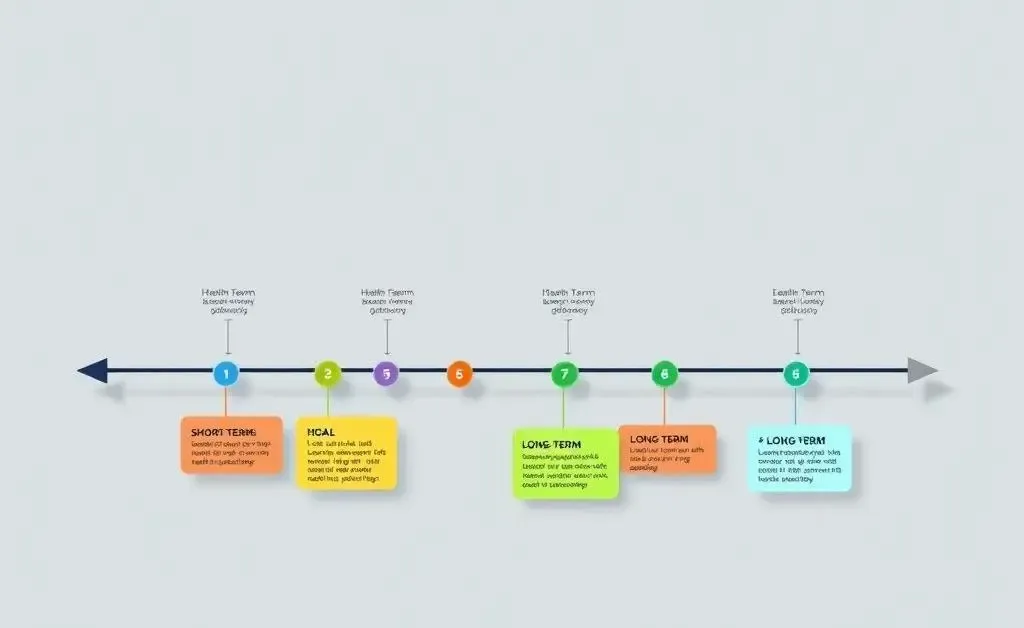Maximizing Your HSA: Short-Term vs. Long-Term Strategies
Explore whether to use your HSA for immediate healthcare costs or long-term savings.

When it comes to managing your Health Savings Account (HSA), are you the kind of person who plays the short game or prefers to think long-term? Understanding your goals is crucial, whether you're focusing on covering next week's medical bills or planning for those future unforeseen healthcare costs. In this article, we'll delve into various strategies you can take, depending on your unique circumstances and financial objectives.
Why Consider a Health Savings Account?
First, let's talk about what makes an HSA such an appealing option. It's a tax-advantaged account designed to help you save for healthcare expenses. Contributions are tax-deductible, growth is tax-free, and withdrawals for qualified medical expenses aren’t taxed either. It’s like a little tax oasis in the dry desert of healthcare costs.

Should You Use Your HSA for Short-Term Expenses?
Using your HSA for short-term medical expenses makes sense if you're frequently faced with out-of-pocket healthcare costs. It’s essentially like having a buffer that helps you manage unexpected trips to the doctor or that unplanned surgery bill. Here's a quick pro and con table to consider:
| Pros | Cons |
|---|---|
| Immediate tax savings | Less money saved for future |
| Helps with cash flow | Miss out on long-term investment growth |
Investing Your HSA for Long-Term Gains
On the flip side, let's talk about using your HSA as a long-term investment tool. If you don't need to dip into your account for regular medical expenses, you might consider growing your HSA like you would with a 401(k) or IRA. That extra growth can help cover healthcare costs in retirement when you might need it most.

Benefits of Long-Term HSA Growth
- Potential for significant growth as investments compound over time
- Can serve as a supplemental retirement account focusing solely on healthcare
- Unused funds remain available for emergencies and retirement healthcare costs
Investing your HSA may seem daunting at first, but it can substantially amplify its value.
Making the Right Choice for Your Needs
Your decision should hinge on your financial situation and health needs. Are your medical expenses manageable from your regular budget? Could you use the tax advantages for more immediate relief from healthcare payments? Or, do you have the wiggle room to let your HSA grow unhindered, eyeing that health-ensured future?

In the end, balancing short-term needs against long-term gains when it comes to your HSA is like trying to navigate between managing present-day challenges and planning for future security. What’s your strategy right now?
Final Thoughts: What Does Your HSA Future Look Like?
Finding the right balance between short-term expenses and long-term savings can be tricky, yet mastering this can dramatically impact your financial well-being. What are some strategies you've found helpful in managing your HSA? Let's continue this conversation and help each other navigate the sometimes overwhelming world of healthcare finance with savvy and confidence.




